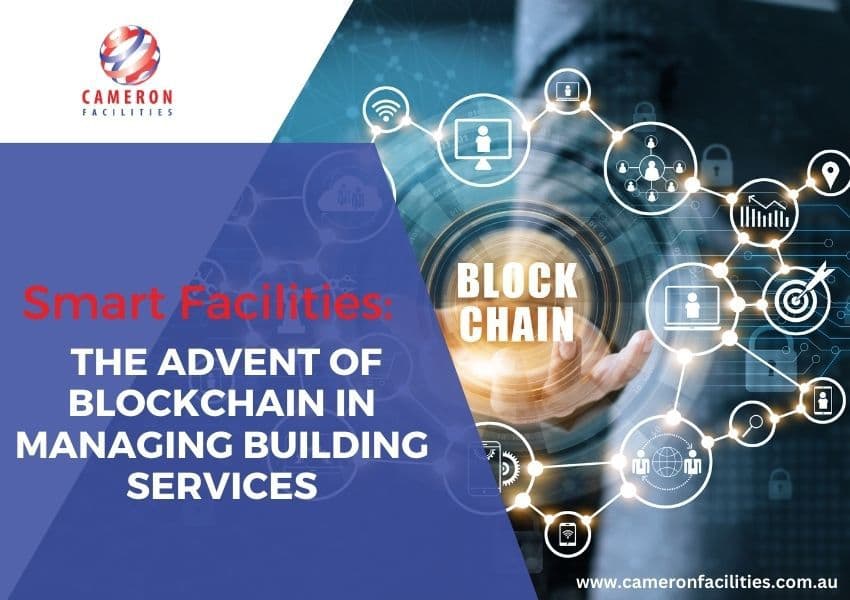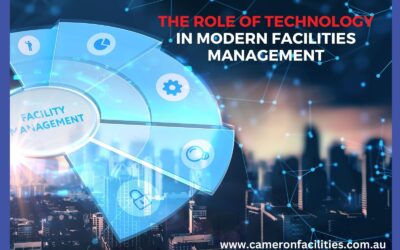
In an era marked by rapid technological advancement, blockchain technology emerges as a beacon of transformation across various sectors, not least within the realm of facility management. Renowned for its pivotal role in the rise of cryptocurrencies, blockchain’s potential extends far beyond, promising a new paradigm of transparency, security, and efficiency in managing facilities. Let’s delve into how blockchain technology is set to redefine the landscape of facility management, making operations more transparent, contracts smarter, and transactions impeccably secure.
Understanding Blockchain’s Foundation
At its core, blockchain is a distributed ledger technology that allows data to be stored across a network of computers worldwide, making it nearly impossible to alter or hack. Each “block” of data is securely linked to the previous one, forming a chronological “chain” that provides a transparent and unalterable record of transactions. This foundational security and transparency are what make blockchain an attractive proposition for facility management.
Blockchain for Transparent and Secure Transactions
In facility management, transactions often involve multiple stakeholders, including property owners, service providers, tenants, and maintenance personnel. Blockchain can revolutionize these transactions by providing a transparent, tamper-proof system. Every transaction, from payment for services to utility billing, can be recorded on a blockchain, ensuring all parties have access to an unchangeable version of the truth. This not only enhances trust among stakeholders but also significantly reduces the potential for disputes and fraud.
Smart Contracts: Automating Facility Management
One of the most exciting applications of blockchain in facility management is the use of smart contracts. These are self-executing contracts with the terms of the agreement directly written into lines of code. In the context of facility management, smart contracts can automate and streamline operations, such as triggering maintenance work orders when a service level drops below agreed standards or automatically releasing payments upon the satisfactory completion of work. This automation not only reduces administrative overhead but also ensures services are delivered efficiently and transparently.
Efficient Management of Facility Services
Blockchain technology can also enhance the efficiency of managing facility services through improved asset management and maintenance. By storing maintenance records and asset histories on a blockchain, facility managers can access a tamper-proof, comprehensive view of each asset’s condition and maintenance history. This facilitates proactive maintenance, extends the lifespan of assets, and ensures compliance with safety and regulatory standards. Moreover, blockchain can support the creation of a decentralized energy grid, enabling buildings to trade excess energy directly with each other, optimizing energy use, and reducing costs.
Challenges and Considerations
While the potential of blockchain in facility management is immense, there are challenges to its widespread adoption. These include the need for significant technological infrastructure, the requirement for stakeholders to understand and trust this new technology, and regulatory and legal considerations in different jurisdictions. Additionally, the environmental impact of blockchain, particularly concerning energy consumption, is a concern that needs addressing.
The integration of blockchain technology into facility management is still in its early stages, but its potential to transform the industry is undeniable. By enhancing transparency, security, and efficiency, blockchain can help facility managers not only to reduce costs and improve service delivery but also to build stronger, trust-based relationships with all stakeholders.
Facility management professionals should begin by educating themselves and their teams about blockchain technology, exploring pilot projects, and engaging with technology partners to understand how blockchain can be integrated into their operations. As the technology matures and adoption grows, those who have taken the lead in implementing blockchain solutions will find themselves at a competitive advantage.
A New Era for Facility Management
Blockchain technology promises to usher in a new era of facility management characterized by unprecedented levels of transparency, security, and efficiency. By embracing this technology, facility managers can not only optimize their operations but also contribute to a more sustainable, trust-based future for the built environment. The journey towards blockchain-integrated facility management is just beginning, but its potential to revolutionize the industry is clear. As we look to the future, the question for facility management professionals is not if they will adopt blockchain technology, but when.
The future of facility management is digital, and blockchain technology is a key pillar of this evolving landscape. Let’s embark on this exciting journey together, revolutionizing facility management for a smarter, more secure world.









